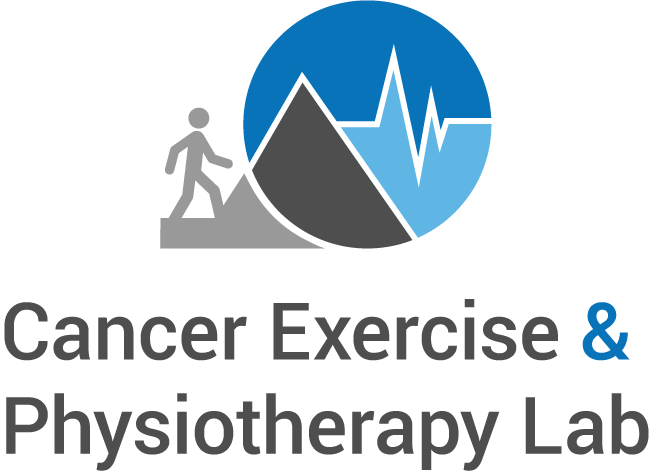The Cancer Exercise & Physiotherapy Lab at UBC, under the direction of Dr. Kristin Campbell, undertakes research to understand the role of exercise in reducing risk of cancer, and the role of physical therapy and exercise to improve the physical function, quality of life and survival of cancer survivors.
The Cancer Exercise & Physiotherapy Lab is located at the University of British Columbia. This is where many of our research studies occur. The space is located on the 3rd floor of the UBC Hospital.
Contact us at 604-827-1914 or cep.lab@ubc.ca
Please Visit Us at:

Background
The Cancer Exercise & Physiotherapy Lab is focused on understanding the role of exercise in prevention, treatment and rehabilitation from chronic disease in humans, particularly cancer prevention, rehabilitation and survivorship. Emerging evidence suggests that up to 30% of cancers could be prevented by being physically active and maintaining a healthy body weight. In addition, low levels of physical activity and high rates of obesity put cancer survivors, particularly of breast and colon cancers, at a higher risk for cancer recurrence, and developing other chronic diseases, such as cardiovascular disease and diabetes. Furthermore, with continuing improvement in survival from cancer, due to early detection and treatment advances, there is an increasing focus on rehabilitation interventions to improve the persistent side effects of cancer treatment, such as fatigue. The research in the lab spans from efficacy studies to knowledge translation. The efficacy studies aim to better understand the beneficial effects of exercise or energy balance on relevant outcomes, which in turn inform the testing of the most effective interventions in a clinical setting, using clinical trial methodology. Finally, the lab is committed to undertaking research to translate evidence into clinical practice. Overall, the lab is focused on: clinically relevant research, collaborative linkages, innovative mechanistic research studies, trainee mentorship, and commitment to knowledge translation.